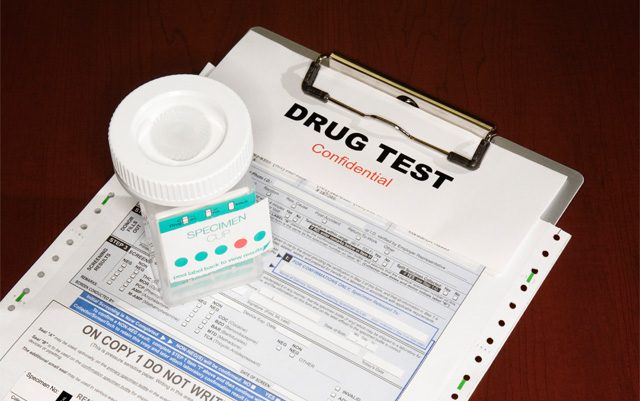Job applicants who use cannabis in New York City and Nevada can breathe easier over recent legislation protecting their right to consume.
This past spring, New York City took a progressive step forward when it enacted a law prohibiting most employers from screening applicants for tetrahydrocannabinol (THC). The measure was adopted May 10, 2019, and goes into law one year from that date.
Nevada followed suit the next month. The first-of-its-kind statewide ban on pre-employment THC testing comes two years after Nevada passed adult-use legalization. Like New York City, the bill will go into effect one year after its enactment.
Some would consider adding Maine to the list as well. The state’s adult-use laws essentially ban the practice. Under Maine state regulations, companies are prohibited from turning away applicants or firing employees for a positive cannabis test.
Both bills mark significant steps in cannabis rights and workplace acceptance. No longer can applicants or recent hires be subjected to screenings for substances that are entirely legalized or decriminalized.
The law does come with stipulations that applicants need to be aware of. Joe McNelis, an associate at the labor and employment law practice Fox Rothschild, pointed out that only job applicants are affected by the law. “This law does not affect current employees, and specifically states that it applies to ‘prospective employees.’”
Both New York City and Nevada excluded several careers from the impending ban as well. Nevada made exemptions for public safety positions and other roles that require federal drug testing. In the five boroughs, such exemptions include law enforcement, construction and maintenance jobs. Others, such as roles requiring a commercial driver’s license (CDL), or caring for children or medical patients, are also excluded.
Other jobs could still be eligible for drug screening, according to McNelis. He singled out a “catch-all provision” in New York City’s law. Per the regulations, the provision can include any roles that can have a significant impact on employees or the public. These exceptions will be determined by the city’s Department of Citywide Administrative Services.
McNelis went on to list other possible exceptions under the law. They include:
- Transportation roles which require drug testing under U.S. Department of Transportation regulations.
- Roles requiring pre-employment federal drug testing
- Pre-employment drug testing required by an employer for federal financial assistance
- Any drug tests required by prospective employees under any other federal statute or regulation for the purpose of safety or security
- Prospective employees required to undergo pre-employment screenings per a collective bargaining agreement
The decisions by New York City and Nevada have been met with praise by those we spoke to. Katie Ziskind is a licensed marriage and family therapist. She said, “Marijuana is something that so many Americans use now, that it is essentially pointless to not hire someone because they come up positive.”
Labor and employment attorney Jonathan Bell cited cannabis’ growing acceptance for the change in city law. He compared cannabis to a legal, yet addictive substance to push back on pre-employment screenings. “New York City employers do not test prospective employees for alcohol use, so marijuana should not be treated any differently.”
Tonisha “Dr. Toni” Pinckney, Ph.D. is the owner of the risk, crisis and strategy firm Revelatus Specialized Accounting & Consulting, LLC. Dr. Toni has over 15 years of experience working with low-income, disabled and veteran populations. Her work extends to victims and offenders in the criminal justice system. She believes the opportunity applicants get to grow and advance themselves is the most significant benefit to come from the law.
She believes removing drug screenings helps employ people hoping to re-enter the workforce after prison. “By removing the testing, a person can more easily return to the workforce, enabling them to reduce the gap between social goals and the means to achieve those goals.”
Once employed, Dr. Toni says the benefits of stable work should start to come to light in significant ways. “A stable job is a step toward many forms of recovery, be it an addiction, financial, or mental health.”
Employers in New York City and Nevada have some time to prepare for the change. Though, they will not need to make much of an effort to adapt.
Rahool Patel, Esq. leads the cannabis practice at New Jersey’s Ansell Grimm & Aaron. Patel suggested companies consult with an attorney to ensure company policies and procedures are compliant for when the new law takes effect. Patel said, “As legal requirements are constantly changing, it is important you stay up-to-date because something permitted two years ago may no longer be allowed.”
Companies across the country may not wait for their states to pass similar measures. While cannabis may be part of their decision making, hiring talent for particular roles may be the top concern for companies. Human resources software company Zenefits wrote that “many employers across the nation are dropping or rethinking pre-employment drug testing because they don’t want to eliminate candidates for hard to fill jobs.”






